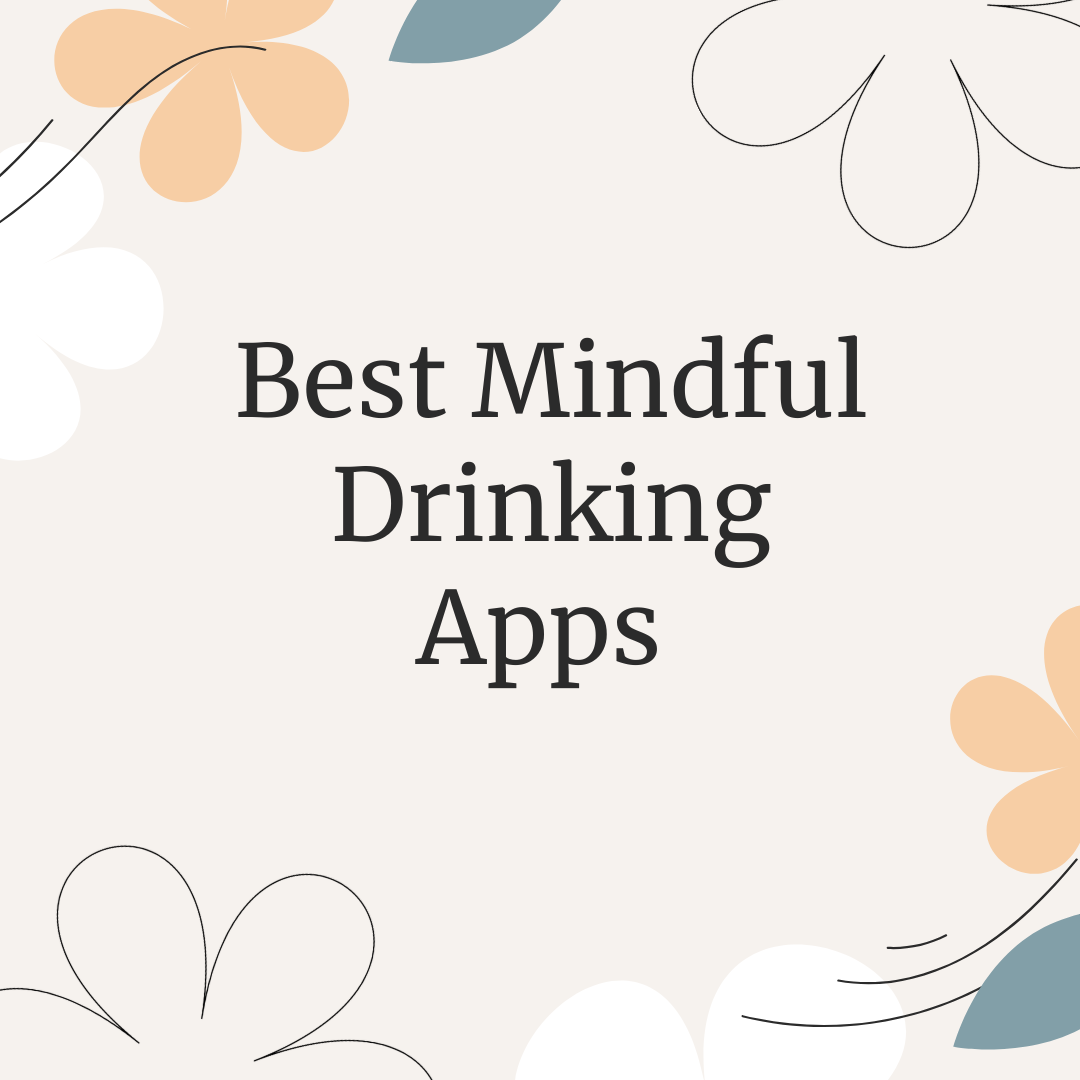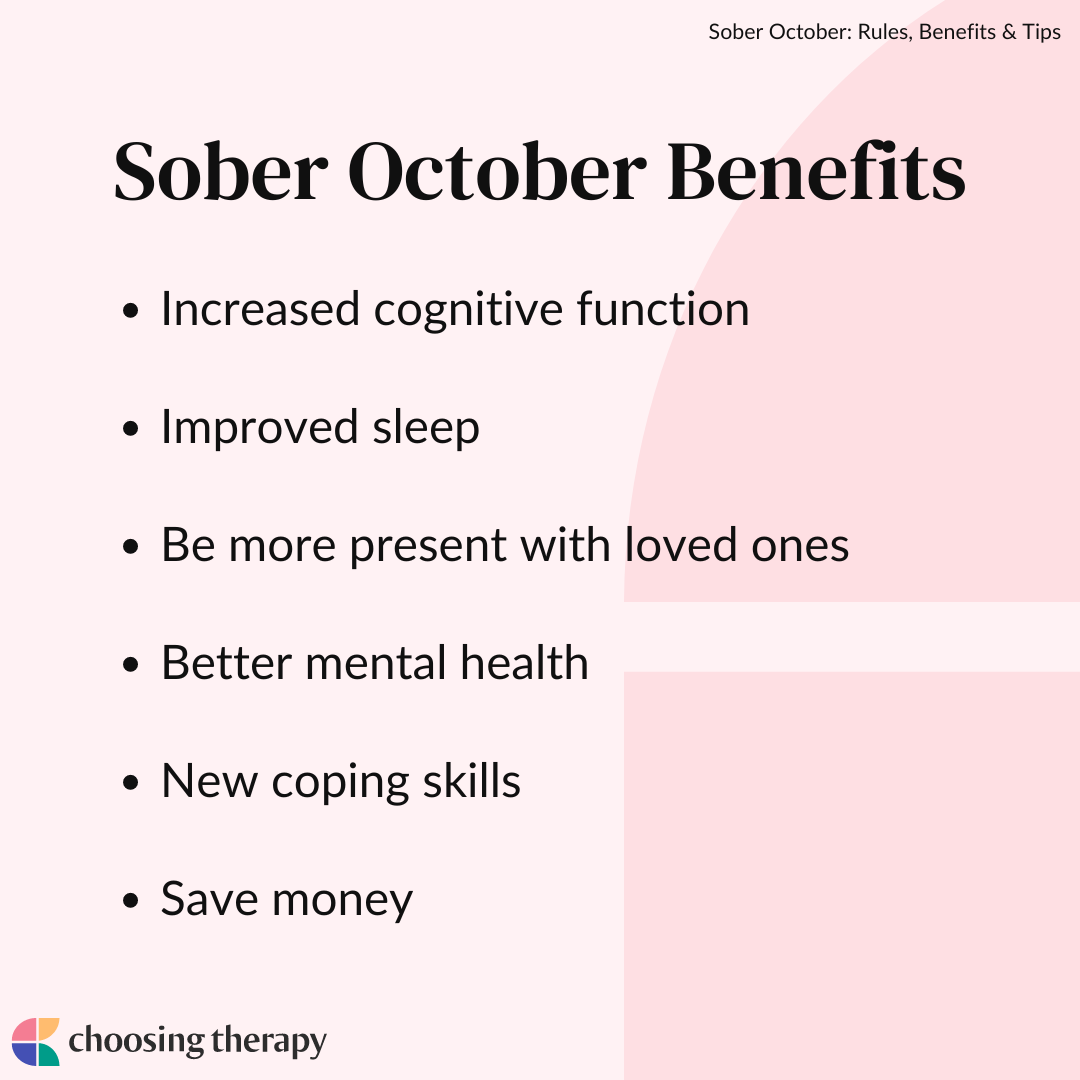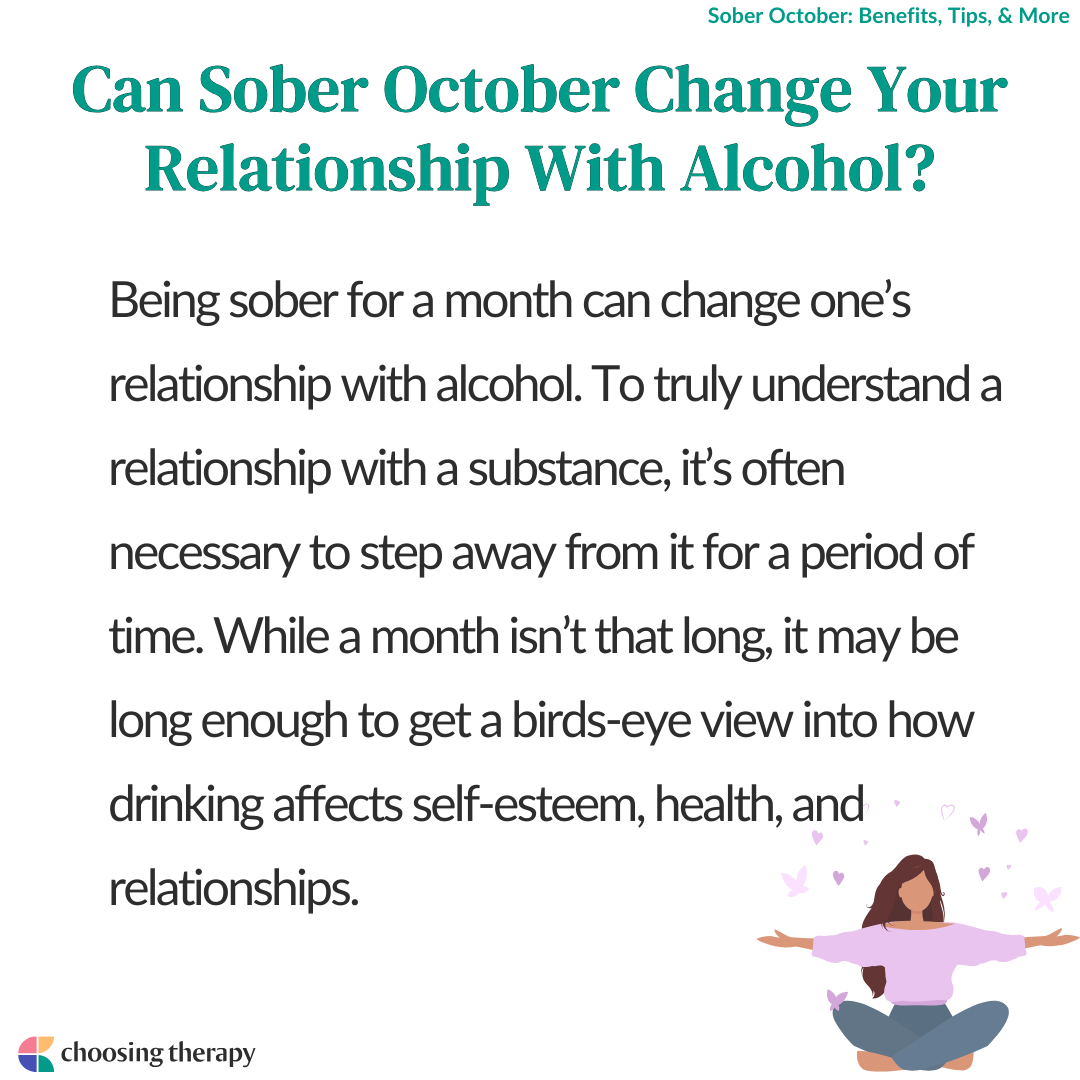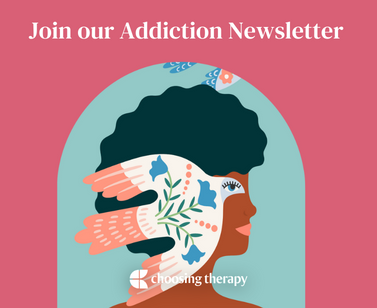People who celebrate Sober October abstain from drinking for the entire month. Everyone is welcome to try this challenge, and it can be beneficial for anyone who knows they have a problem with alcohol, feels concerned about their relationship with drinking, or simply wants to try sobriety for an extended period of time.
Want to drink less? – Sunnyside helps you ease into mindful drinking at your own pace. Think lifestyle change, not a fad diet. Develop new daily routines, so you maintain your new habits for life. Take a 3 Minute Quiz.
What Is Sober October?
Sober October refers to a month-long challenge where people completely abstain from alcohol. Sober October is also associated with raising funds for Macmillan Cancer Support, as they began the challenge in 2014. People sign up for the no-drinking challenge and ask loved ones to donate to you; those funds help people with cancer.1
People can participate in Sober October even if they aren’t joining the official challenge for raising cancer funds. The concept has gained significant traction on social media, with friends making pacts to stop drinking for the month. In addition, people can privately commit to the challenge on their own.
Reasons People Participate in Sober October
Many people feel concerned about their drinking habits, even if they don’t have alcoholism or substance use disorder. Problematic drinking exists on a large spectrum, but drinking too much can result in severe physical and mental health consequences. Most people choose to do this challenge to see what life feels like when they stop drinking.
Sober October Rules
In its true form, Sober October only has one rule. You don’t drink at all between October 1 and October 31. However, it is possible to create rules that feel beneficial. For example, you might consider using a mindful drinking app to significantly reduce your drinking (how many drinks you have per day or week).
Sober October Benefits
It’s well-documented that excessive drinking can be detrimental to your health. Research shows that excessive drinking contributes to 20% of deaths among adults aged 20-49.2 We live in a culture where alcohol use is normalized. People often socialize and connect over drinks, and it’s fairly mainstream to unwind with alcohol.
Sober October allows people to reset their relationships with alcohol. If someone is sober curious, taking a brief abstinence break can help them discern some of the pros and cons of sobriety. Likewise, if you’re concerned about your drinking habits, this challenge allows you to notice what it feels like to experience cravings and not act on them.
Increased Cognitive Function
Alcohol affects the areas of the brain associated with memory, speech, balance, and judgment. Excessive alcohol use can cause permanent brain changes.3 In most cases, the brain can regenerate and heal. Quitting drinking can improve learning and memory and give the brain the chance to restore to a better level of functioning.
Improved Sleep
Even though alcohol can make people sleepy, excessive drinking often disrupts sleeping patterns. Alcohol abuse, in particular, is associated with more sleep disturbances and decreased REM sleep (the type of sleep that helps people feel rested). Therefore, even if someone sleeps through the night, they tend to feel groggy. Stopping drinking can naturally improve sleep quality.
More Present With Loved Ones
It’s challenging to connect with other people when under the influence. Drinking can make people feel distracted and uninhibited. They may be more aggressive, happy, or upset than usual. Many people who choose to be sober report that stopping drinking dramatically improves their relationships. They’re more able to attune to others and communicate effectively.
Better Mental Health
People often drink to self-medicate mental health symptoms like depression, anxiety, low self-esteem, or trauma. While alcohol does provide a numbing effect, it doesn’t eradicate mental health problems. In many cases, it exacerbates them. Alcohol often leads to reckless, impulsive, or shameful behavior, which worsens depression or anxiety.4 Stopping drinking may help you feel better emotionally.
Help for Alcohol Use Ria Health: Effective, Evidence-Based Alcohol Treatment 100% Online Quickly change your relationship to alcohol with our at-home program. On average, Ria Health members reduce their BAC levels by 50% in 3 months in the program. Services are covered by many major health plans. Visit Ria Health Recovery.com – Find the best local detox or rehab center covered by your insurance. Search our unbiased and thorough list of the best mental health and addiction treatment centers. Read reviews. Start Your Search Want to drink less? Sunnyside helps you ease into mindful drinking at your own pace. Think lifestyle change, not a fad diet. Develop new daily routines, so you maintain your new habits for life. Take a 3 Minute Quiz
New Coping Skills
Most people will experience cravings for alcohol when committing to a period of abstinence. Working through these cravings requires using new coping skills like mindfulness, leaning on social support, or engaging in healthy distractions to get through those difficult moments. Routinely practicing adaptive coping skills can be effective for strengthening resilience, improving self-esteem, and increasing daily self-care.
Save Money
Many people find that stopping drinking helps them save money. Alcohol can cost upwards of hundreds of dollars per month. Additional money is often spent on other alcohol-related costs, including rides to and from places, going out to bars, buying food or medicines for hangovers, and impulsive purchases spent while intoxicated.
Can Sober October Change Your Relationship With Alcohol?
Being sober for a month can change one’s relationship with alcohol. To truly understand a relationship with a substance, it’s often necessary to step away from it for a period of time. While a month isn’t that long, it may be long enough to get a birds-eye view into how drinking affects self-esteem, health, and relationships.
This experiment can be beneficial for many reasons. People may find it harder to stop drinking than anticipated, which can strengthen insight into potential addiction problems. Others find that it’s not that hard and it’s more enjoyable than they expected it to be. If you want to change your relationship with alcohol, stopping drinking is the first step.
What Should You Drink as an Alternative During Sober October?
People often find it helpful to have alternative beverage options when committing to a period of sobriety, like soda, coffee, seltzer water, kava, or tea. Many restaurants or bars now offer a variety of mocktails or non-alcoholic beer, and people often get crafty with making blended non-alcoholic drinks at home.
When to Seek Support For Getting Sober
Many people with alcohol problems find it difficult to stop drinking even when they want to commit to abstinence. They often “break their own rules” or may go through short patterns of sobriety followed by binge drinking. At this point, it may be beneficial to seek professional support for an alcohol addiction.5
Many people engage in multidisciplinary treatment, including therapy, medication, and lifestyle changes (i.e., using sobriety apps or socializing with sober friends). Finding a therapist is an important first step in seeking professional guidance. You can use an online therapist directory to look for an addiction specialist near you. Your care provider may recommend inpatient or intensive outpatient programs in more serious cases.
In My Experience
Many people who want to stop drinking benefit from experimenting with various sobriety challenges. Taking some time off from alcohol can give you a greater perspective on your drinking patterns. However, if you identify with having a severe problem with alcohol, seek medical support. Detoxing on your own can cause serious and potentially life-threatening withdrawal symptoms.
To help our readers take the next step in their mental health journey, Choosing Therapy has partnered with leaders in mental health and wellness. Choosing Therapy is compensated for marketing by the companies included below. Alcohol Treatment – Cut Back or Quit Entirely Ria Health – Quickly change your relationship to alcohol with our at-home program. On average, members reduce their BAC levels by 50% in 3 months in the program. Services are covered by many major health plans. Visit Ria Health Drinking Moderation Sunnyside – Want to drink less? Sunnyside helps you ease into mindful drinking at your own pace. Think lifestyle change, not a fad diet. Develop new daily routines, so you maintain your new habits for life. Take a 3 Minute Quiz Detox or Rehab Center Covered by Insurance Recovery.com – Find the best local detox or rehab center covered by your insurance. Search our unbiased and thorough list of the best mental health and addiction treatment centers. Read reviews. Start Your Search Treatment for Mental Health Conditions That Coexist With SUD Talkiatry – Get help from a doctor who can treat the mental health conditions that commonly lead to or coexist with substance use disorders. Take our online assessment and have your first appointment in days. Take Assessment Addiction Newsletter A free newsletter for those impacted by addiction. Get helpful tips and the latest information. Sign UpAdditional Resources
Best Online Medication-Assisted Treatment Programs Online medication-assisted treatment programs are fairly new to the telehealth industry, but existing companies are expanding quickly with new programs emerging every day. It’s important to explore your options and understand the level of virtual care available so you can choose the best addiction treatment program for you.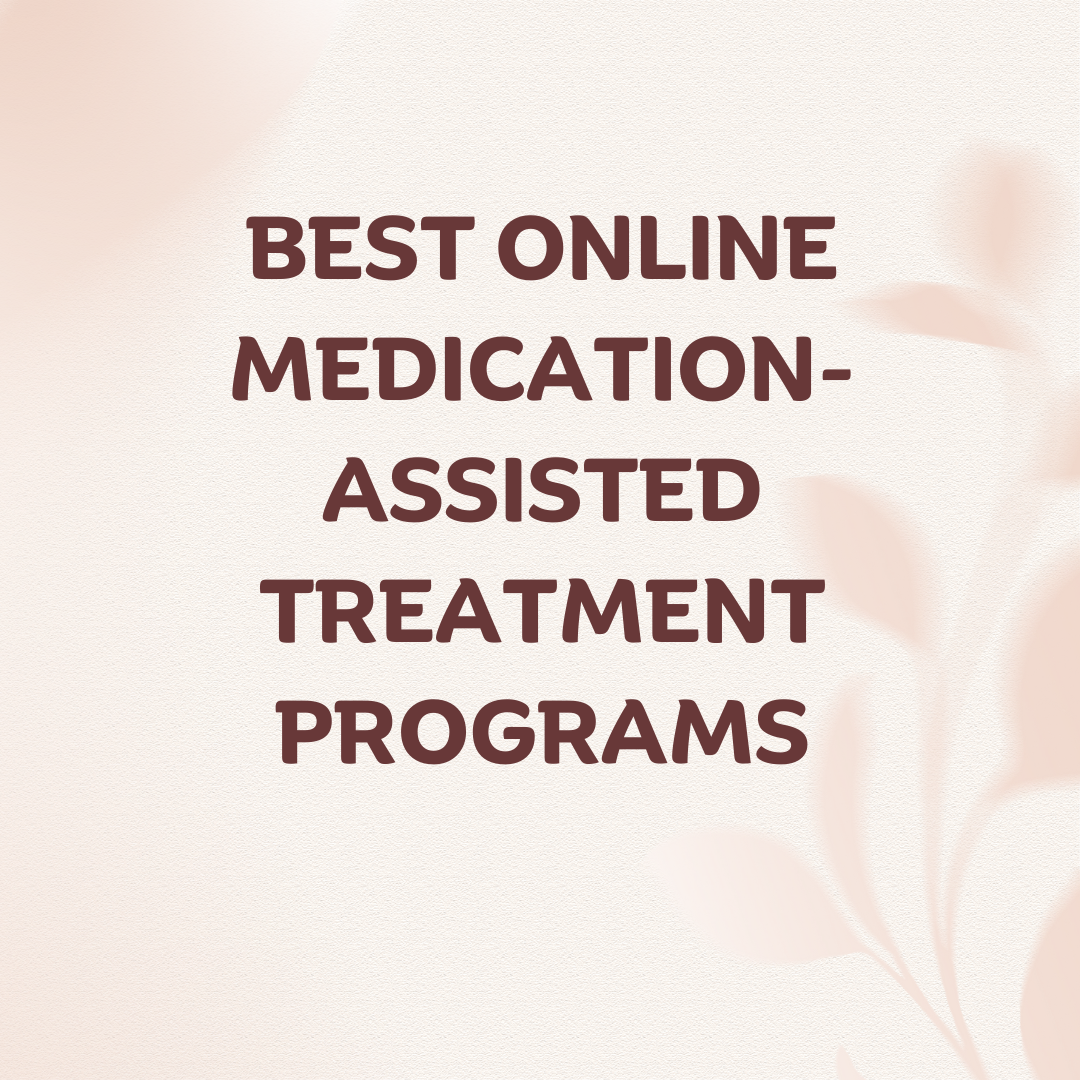
Best Mindful Drinking Apps If you’re thinking about joining the sober curious movement and you’d like to cut back on drinking, mindful drinking apps are a great place to start. Practicing mindful drinking can take some time, attention, and patience, but with the help of the right app, you can completely transform your relationship with alcohol.